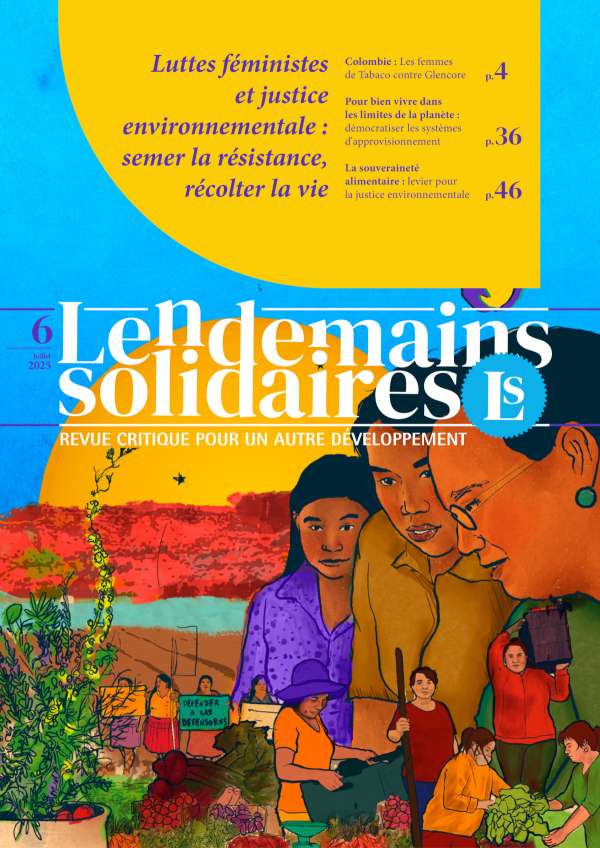In the following pages, you will find CETIM’s English declarations to the UN on the theme of economic, social and cultural rights
HUMAN RIGHTS COUNCIL 10th session 02 March – 27 March 2009 1. From its earliest origins, western culture, has conceived the relationship between man and nature as conflictual and oscillating between two poles1. On the one hand, nature is seen as a powerful, spontaneous and creative force, the origin of life and all matter, determining […]
Continue reading
HUMAN RIGHTS COUNCIL 10th special session on the economic crisis February 2009 1. The grave financial crisis currently affecting the United States and the other countries of the North did not suddenly happen overnight1. If it is difficult to determine exactly when it began, the fact is that it first hit the South – and […]
Continue reading
HUMAN RIGHTS COUNCIL 7th session March 03 – March 28, 2008 [Excerpt from the declaration] In June 1945, the peoples of the United Nations resolved to proclaim their faith in fundamental human rights, in the dignity and worth of the human person, in the promotion of social progress and better standards of life, and to […]
Continue reading
HUMAN RIGHTS COUNCIL 8th session 02 June – 18 June 2008 [Excerpt from the declaration] An income of less than a dollar a day makes you extremely poor, less than two dollars makes you poor, and then… you’re middle class. Fifteen years ago, at the Vienna Conference, the international community affirmed the need to put […]
Continue reading
HUMAN RIGHTS COUNCIL 8th session 02 June – 18 June 2008 [Excerpt from the statement] The Council has before it a draft optional protocol to the International Covenant on Economic, Social and Cultural Rights, adopted last April by its Ad Hoc Working Group on this issue in accordance with its mandate. While we welcome the […]
Continue reading
« Previous
1
…
14
15
16
17
18
…
33
Next »


